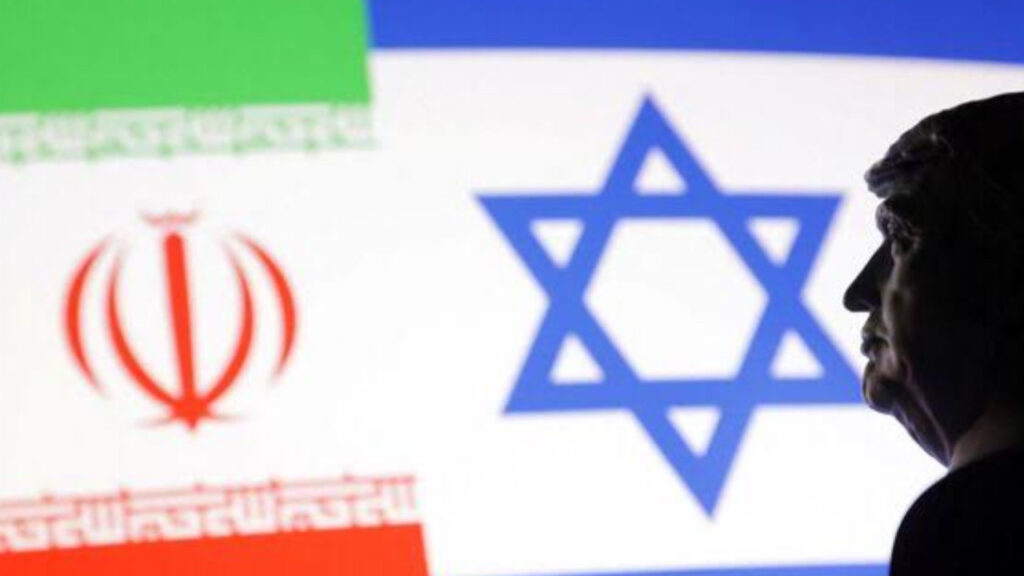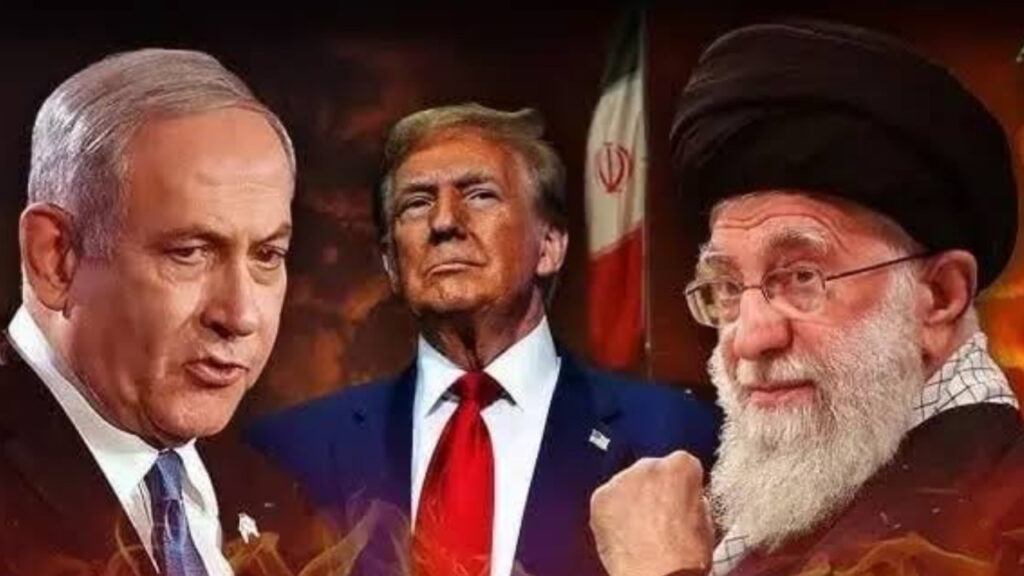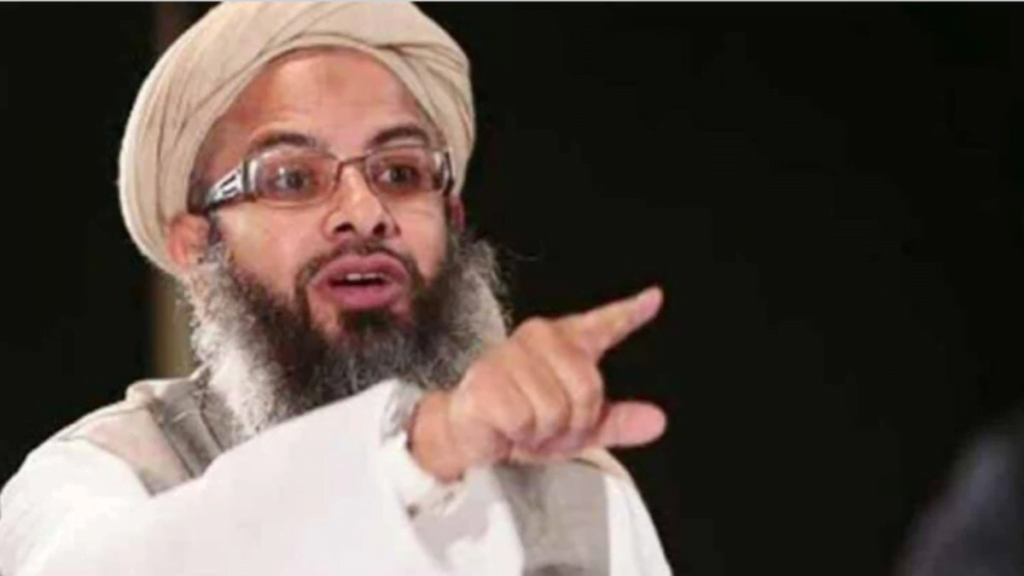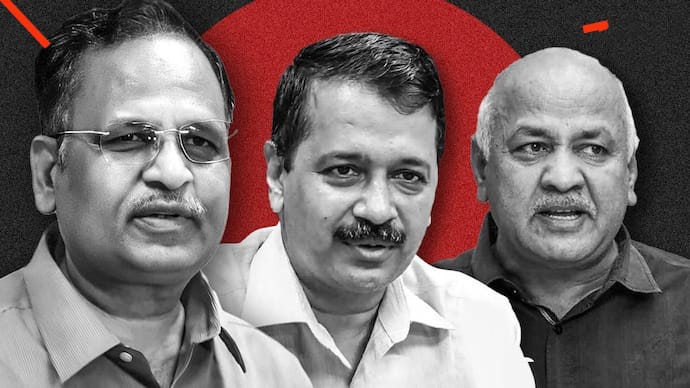Political News
On June 24, 2025, after nearly two weeks of intense conflict, Israel and Iran agreed to a ceasefire brokered by U.S. President Donald Trump, bringing a fragile calm to the volatile Middle East region. The ceasefire ends 12 days of escalating violence marked by missile exchanges, airstrikes, and heightened tensions that threatened to spiral into a larger regional war.
The recent confrontation began when Iran launched a series of missile attacks targeting strategic locations within Israel. These strikes aimed to weaken Israel’s defense capabilities and send a strong political message amid ongoing hostilities. Israel, in response, carried out precise air raids against what it called “terrorist infrastructure” within Iranian-backed territories. The back-and-forth escalated quickly, raising fears of a prolonged conflict with severe humanitarian consequences.

Ceasefire
President Donald Trump played a crucial role in negotiating the ceasefire, leveraging his diplomatic influence to bring both sides to the negotiating table. His proposal emphasized a temporary halt in hostilities to allow for dialogue and de-escalation. While the details of the agreement remain largely confidential, the announcement has been welcomed by international leaders eager to prevent further bloodshed.
Israeli Prime Minister Benjamin Netanyahu addressed the nation following the ceasefire announcement. He stated, “Our objective has been clear from the start to protect our citizens and neutralize threats. We have achieved our immediate goals, but this is not the end. Vigilance remains essential to secure long-term peace and safety for Israel.” Netanyahu’s remarks suggest that while the ceasefire is a significant step, underlying tensions between the two nations persist.

On the Iranian side, officials cautiously acknowledged the ceasefire but reiterated their commitment to regional influence and resistance against what they call “foreign aggression.” Iran’s leadership framed the truce as a tactical pause rather than a permanent resolution, indicating that future confrontations could arise depending on political developments.
The ceasefire has brought relief to civilians caught in the crossfire, with many communities in both countries expressing hope for a lasting peace. Humanitarian organizations have welcomed the opportunity to provide aid and support to those affected by the recent violence.
Despite the ceasefire, analysts warn that the Israel-Iran conflict remains complex and deeply rooted in broader geopolitical struggles. Issues such as nuclear ambitions, proxy conflicts, and ideological differences continue to fuel mistrust. Therefore, while the current truce offers a pause, sustained diplomatic efforts will be crucial to prevent future escalations and build a more stable Middle East.
In summary, the Israel-Iran ceasefire represents a critical moment of respite after days of intense warfare. Though immediate objectives may be met, the path to enduring peace requires ongoing dialogue, compromise, and international cooperation.





